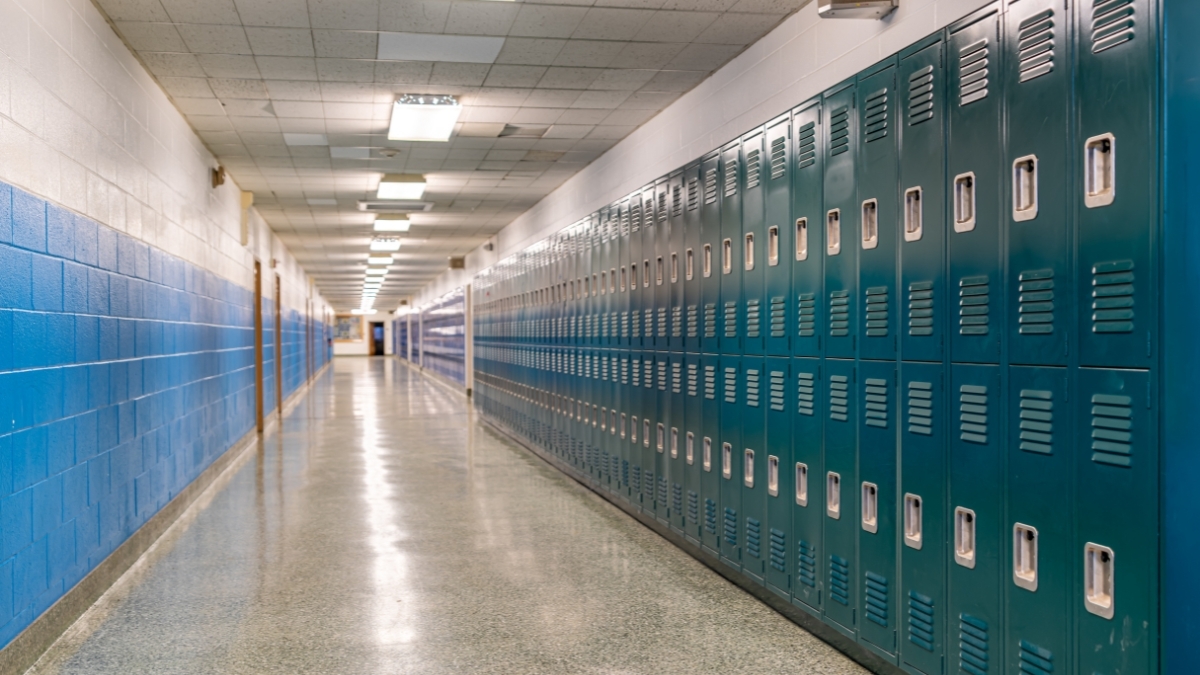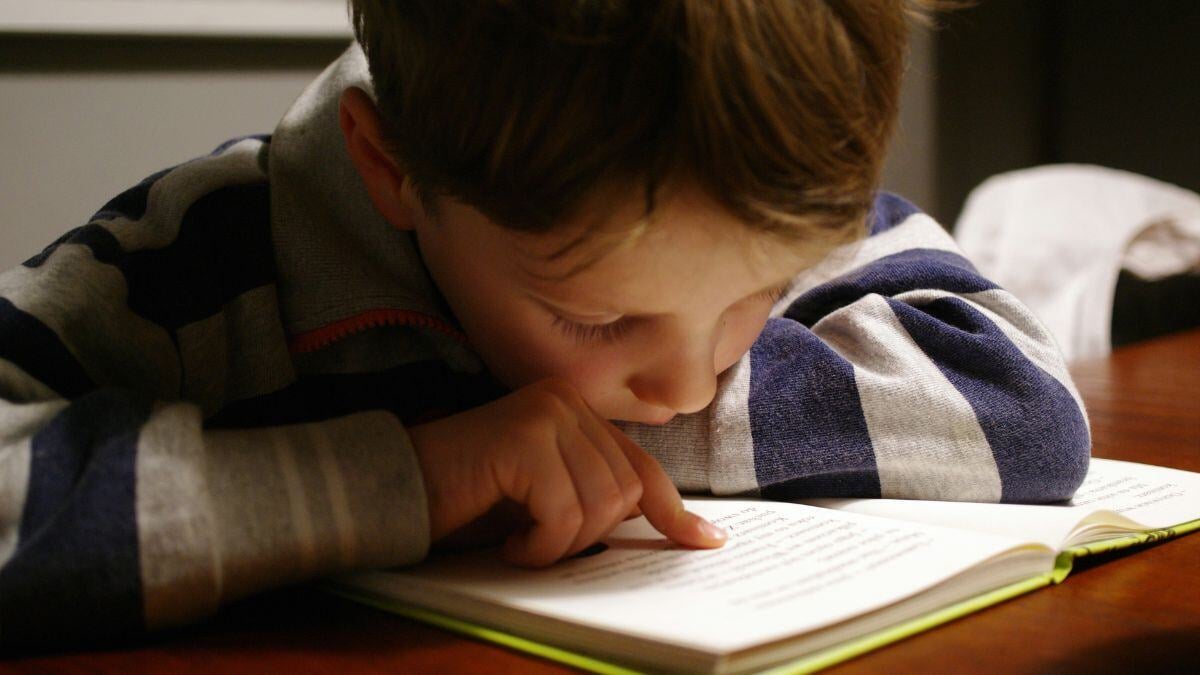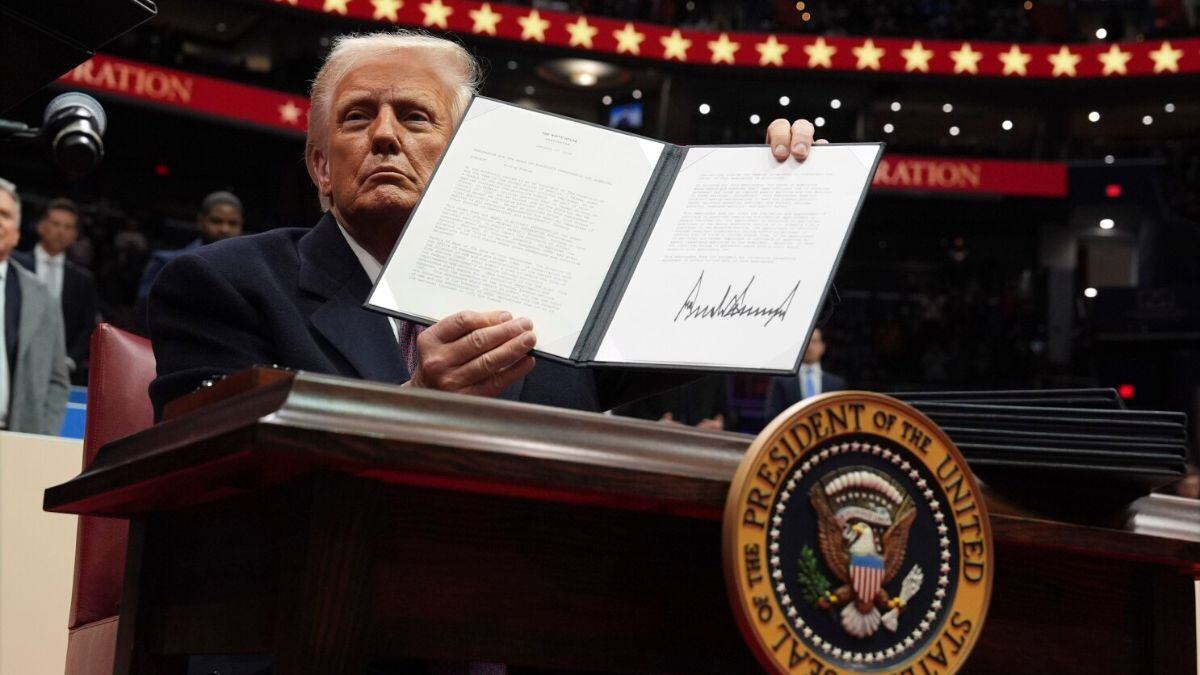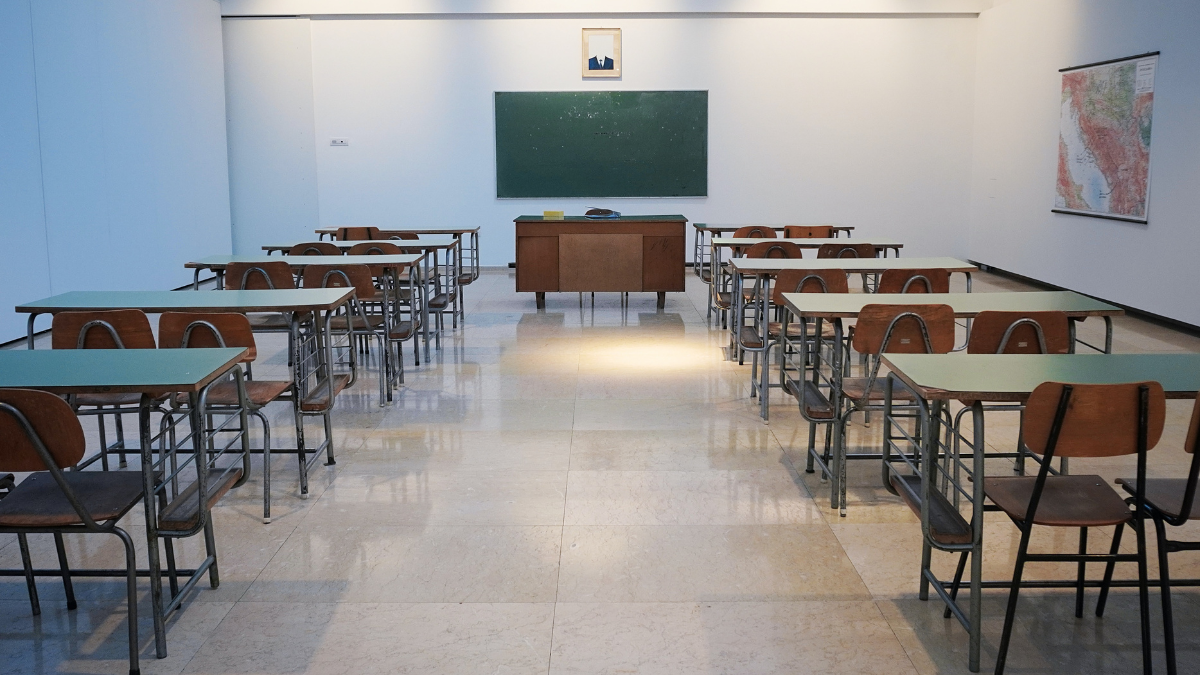Are We Seeing an Education Reformation?
Author: John Stonestreet and Jared Hayden

Author: John Stonestreet and Jennifer Patterson
A new school year is underway, but what is making headlines is where a number of students are not going. Extending what has become a multi-year trend, more families are opting out of public education, choosing alternatives such as private schools and homeschooling. Most news coverage attributes the exodus to low birth rates, lingering effects of the Covid pandemic, funding issues, and families leaving cities. However, a recent episode of The New York Times podcast The Daily offered a more clarifying take.
According to education reporter Dana Goldstein, there’s been a notable change in how parents think about educating their children. Rather than sending their kids to an assigned public school in their zip code, parents are choosing options that better meet the individual needs of their children and ensure a positive culture for learning and growth. To find such settings, they’re turning to private and religious schools, homeschools, and micro-schools—a new kind of one-room school that’s been popping up since the pandemic. And since 18 states have now advanced School Choice policies, more parents are able to consider other options.
Goldstein sized up the shift away from government education this way:
If you see education as an issue of parental empowerment and parental rights, you are going to love the moment we’re in with the expansion of vouchers and private school choice. However, it’s worth pointing out that this is in deep contradiction to some of the fundamental founding principles of public education in the United States.
The idea of public education, she continued, is to bring children together from across demographic differences to forge common skills and values for civic life. She’s right. However, what she fails to mention is parents have had enough of being removed from the process and treated as if their children belong to the state.
Simply put, public schooling no longer recognizes the fundamental role parents have in their children’s lives and education. In many cases, they are treated as enemies of the process. Parents have the primary responsibility to raise and educate their children, and schools should work in harmony with them. In other words, the civic mission of public schools should be to support parents in their family mission. There should not be a conflict, but there is.
The very same week of this episode of The Daily podcast, the Loudoun County (Virginia) school district—which has frustrated parents for years with its transgender policy—made news again. The district continues to blatantly disregard Title IX, which bars transgender students from using the bathroom or competing in school sports opposite their sex. In Colorado, a high school teacher groomed a student for years, convincing her she was gay and to emancipate from her parents. Not only did the Jefferson County school district cover this up, but it continued to do so even after the student moved in with her teacher. Those are only two of many news stories from the last few years.
No wonder parents are looking elsewhere. As Goldstein rightly notes, the demand for alternatives is diverse, crossing both demographic and political lines. As it turns out, education choice isn’t at odds with the ideal of reaching across differences, as her report suggested. It’s actually a way to accomplish that goal, while valuing parents.
For the record, private schools can also interfere with parental rights and responsibilities. Many Christian schools, in fact, hide behind marketing language of “partnering with parents,” but never do. In practice, this means accepting tuition, donations, and volunteer hours from parents but keeping them out of the process or even punishing them for negative feedback.
Christians have a golden opportunity to push back on the state-run system and to advance a parent-directed vision for education. It is encouraging that more parents are catching this vision and that a new landscape of parental choice options is emerging. At the same time, we must establish alternatives in a true and sound vision of what education is, including the role of parents.
If done well, Christian education will play a distinct and vital role in cultural renewal. Existing and new schools can meet the educational needs of many more students in this country while coming alongside parents in their mission. This will require visionary educational leaders to build Christian alternatives that prioritize biblical faithfulness, excellence, and a heart of service to parents and communities.
At this educational crossroads of our country, Christians can help loosen the stranglehold of the state over education. Even better, we can offer something better if we love and serve our neighbors with options that allow parents to direct their children’s steps.

Author: John Stonestreet and Jared Hayden

Authors: John Stonestreet and Dr. Timothy Padgett

Author: John Stonestreet In September, most U.S. states released their public school “report cards.” These reports are intended to evaluate for...